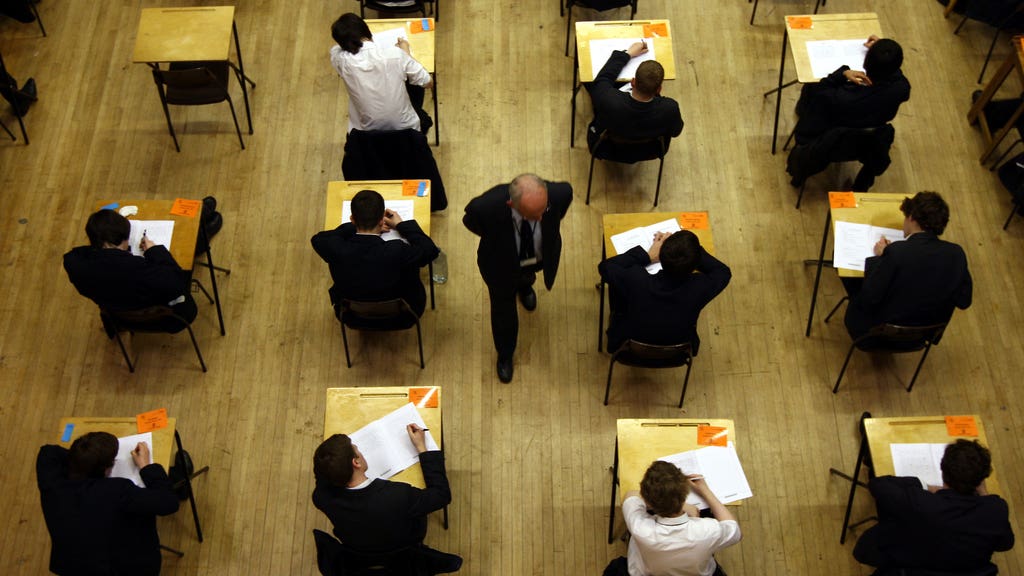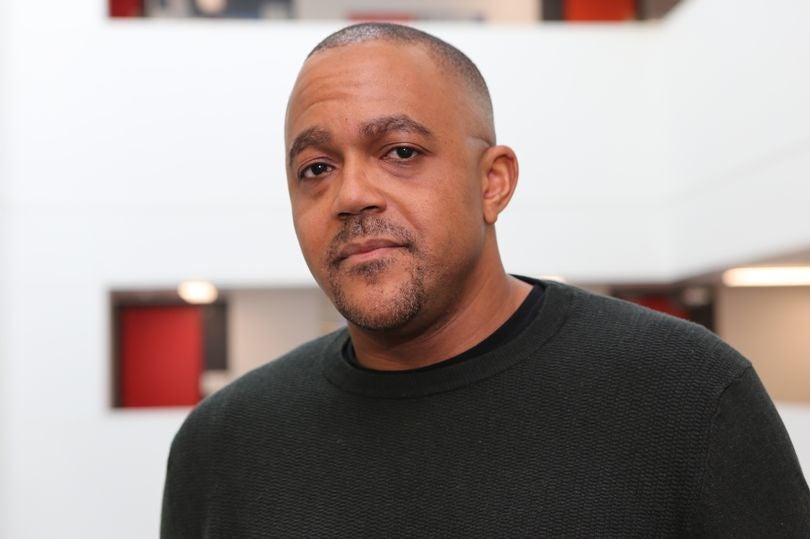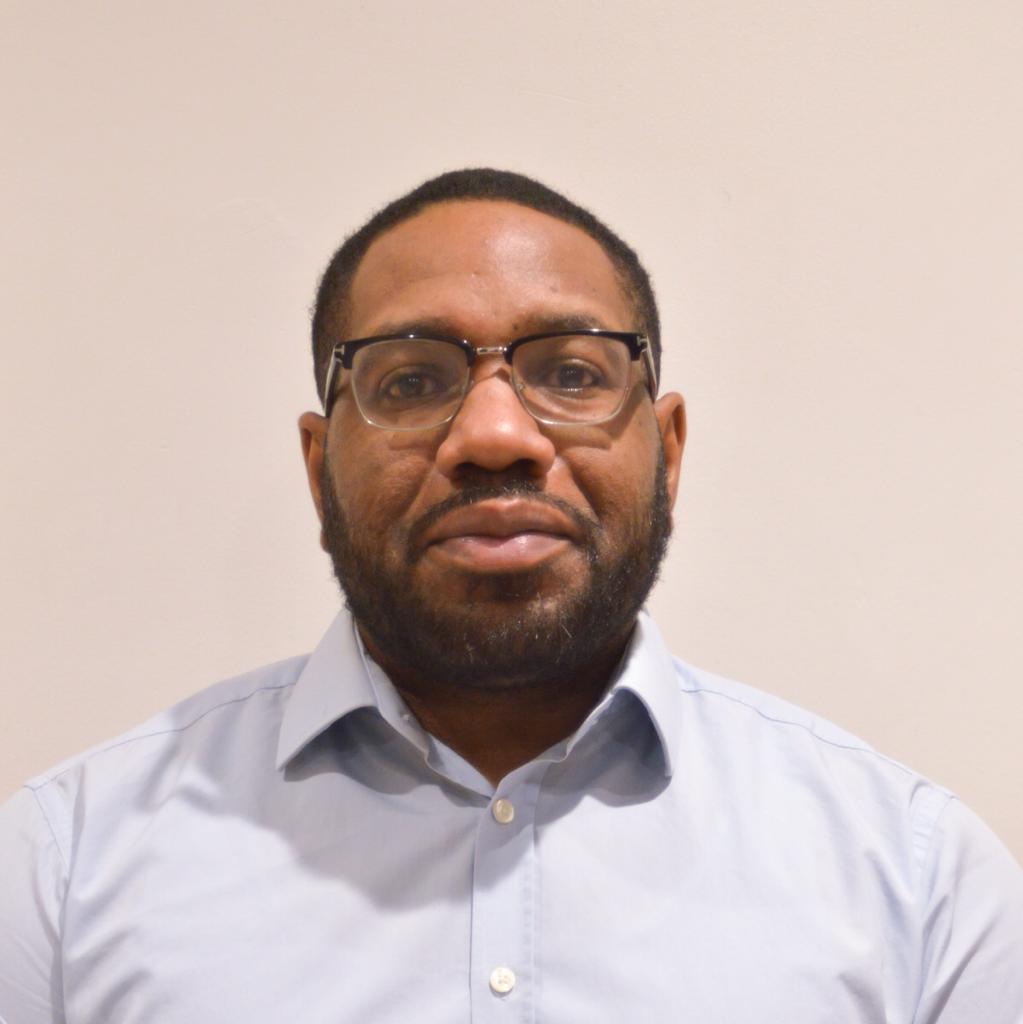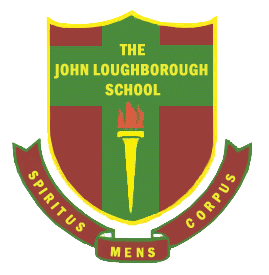Black supplementary schools needed more than ever post-Covid, educators say
First established in the 1960s in response to racism, such schools are now helping to fill growing gap between students in traditional settings

Educators have warned that Black supplementary schools are “more essential than ever” as they fear that mainstream education continues to fail Black students.
Recent data shows that GCSE and A-level attainment gaps for Black students have “significantly” widened in the past year.
And while the pandemic severely affected students’ academic progress, campaigners worry that it has had doubly impacted Black students who already grapple with alarming disparities in schools.
Established in the 1960s to help fill these gaps, supplementary schools and Seventh Day Adventist (SDA) church learning institutions are needed today more than ever, Black educators say.
Professor Kehinde Andrews of Birmingham City University, widely thought to be the first academic to document the radical history of Britain’s Black supplementary school movement in his book Back to Black: Black Radicalism for the 21st Century, told The Independent: “Schools haven’t really changed much at all since the 1960s; we’ve just replaced ‘educationally subnormal’ schools with pupil referral units which are terrible if you look at exclusions and attainment.”
Fixed-term exclusion rates for Black Caribbean pupils are more than six times higher than the rate for white British pupils in some local authorities, while Black Caribbean pupils are frequently the least likely group to go to university.
“For all of the focus placed on lack of attainment among Caribbean pupils over the years... the situation is exactly the same. So Saturday schools and church-based schools are more important now than ever,” Prof Andrews said.

Prof Andrews’s father co-founded one of the UK’s first Saturday schools, Sankofa Sesh, which was established in 1967 in Birmingham.
“Racism in the mainstream schools in the 1960s was so bad and that’s what started the supplementary school movement,” he said, adding that “people forget that schools are hostile environments; one of the benefits of Saturday schools is the Black-led, supportive environment with high teacher expectations, that give kids a different way to flourish. One of the main reasons why Black students don’t do well is teacher expectations. If you expect children to do badly then they will.”
One of the main reasons why Black students don’t do well is teacher expectations. If you expect children to do badly then they will
He added: “You can still see that’s the case today and it was definitely the case then.”
Prof Andrews, who plans to open his own supplementary school in Handsworth, Birmingham, said: “This is also true of church schools. The conscious community in Birmingham is totally anti-Christianity but will still send their children to Harper Bell, the nearest Adventist school, because of the Black-led, supportive environment it has.”
“Conscious communities” are pan-African Black communities.
Supplementary schools, such as Sankofa Sesh and Theodore McLeary primary school faced battles for survival with the police and local education authorities during their tenure.

The Seventh-day Adventist Church has associations with a total of 8,515 educational institutions operating in more than 100 countries around the world, educating more than 1.95 million students.
Up until 2007, John Loughborough School (JLS) in Tottenham, north London, was one of them.
Founded by a handful of Black parents in 1980 who wanted to improve attainment prospects for their children who were being discriminated against at schools, it boasted an impressive alumni list including rapper Ghetts, singer Leona Lewis and London Youth Games chair Mickela Hall-Ramsay.
Ziggy Moore, chief executive of online tuition programme Moore Education, started at JLS in 1993 after experiencing difficulties in his former state school, including being excluded from classes.
His mother considered sending Mr Moore to Jamaica, where she was born, to attend school but then the opportunity arose for him to attend JLS.
“John Loughborough saved me,” the 37-year-old told The Independent. “It let me know I was intelligent and capable; I wasn’t naughty, I was normal.
“It reinforced certain core principles that I would’ve learnt at home such as respect for your elders, what is an acceptable way of speaking and acting as a young man.”
In 1998, the school transitioned from being a fee-paying independent to a grant-maintained state school.
But it closed in 2013 following several governance issues and a clash between its traditional church leadership and the local authority, Haringey Council.

Mr Moore echoes Prof Andrews’s belief that very little has changed for Black students in the education system; his own son attended Hyland House, an Adventist primary school, under circumstances that mirrored his own.
“I could see what was happening to my son; he was disenfranchised and disengaged. Teachers were beginning to label him and I could see he was getting sad but luckily we had an alternative,” he said.
“Hyland House gave him confidence and belief in self; he was put in an environment with other Black children where certain ideas and stereotypes aren’t reinforced.”
Mr Moore, who also attended a Saturday school called the Claudia Jones Organisation in Stoke Newington, said that it was unfortunate that attendance to these schools isn’t part of the everyday experience for all Black children in Britain.
“Sadly a lot of parents don’t know what the solution is: you don’t use supplementary schools to save; you’re supposed to wake up every morning and have your supplements every day. It should be standard.”
There are currently just seven Seventh-day Adventist Church schools operating in the UK, according to the church’s website.

Founded in 2007, the National Black Association of Saturday Schools (NABSS) encompasses a directory of Black supplementary schools operating across Britain; during the lockdown, most moved their sessions online.
Nia Imari, NABSS director, told The Independent that such schools are still acutely needed.
“Black supplementaries are essential in this day and age because so much is missing in mainstream schools that empower children of Afrikan heritage and a severe lack of historical and current role models being spoken about and promoted.
“It would be great if supplementary and mainstream schools could work together, and in some few cases they do but overall they are worlds apart.”
Diane Abbott and Lord Simon Woolley – chair and vice-chair for the All-Party Parliamentary Group for race equality in education – have written to education secretary Gavin Williamson suggesting the formation of a national education programme for Black students geared at tackling schooling disparities.
Join our commenting forum
Join thought-provoking conversations, follow other Independent readers and see their replies
Comments
Bookmark popover
Removed from bookmarks